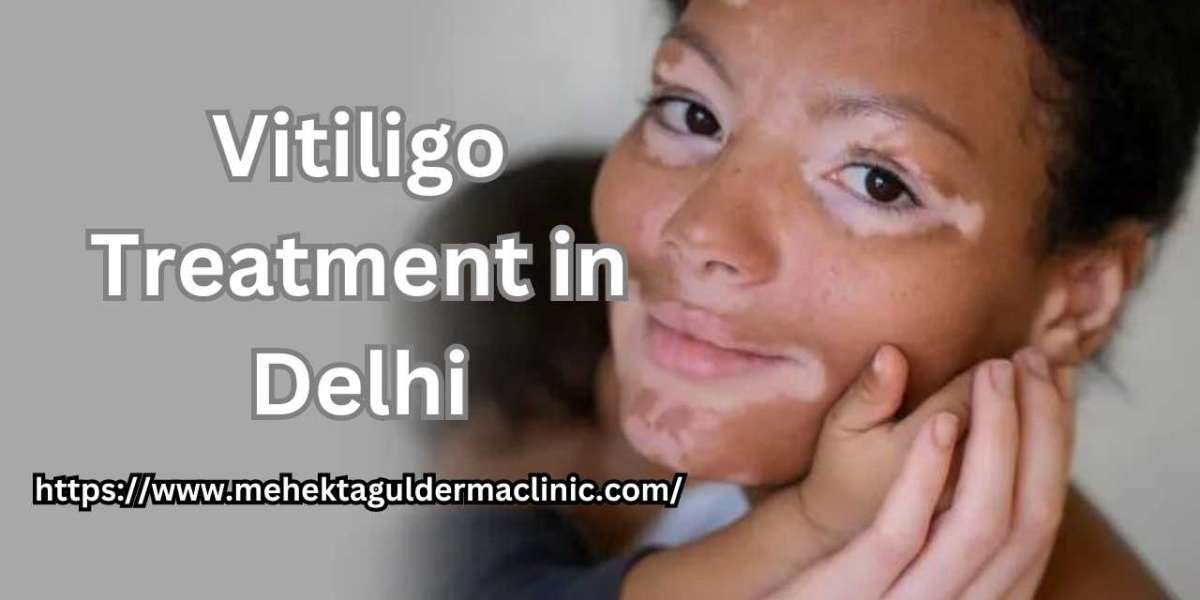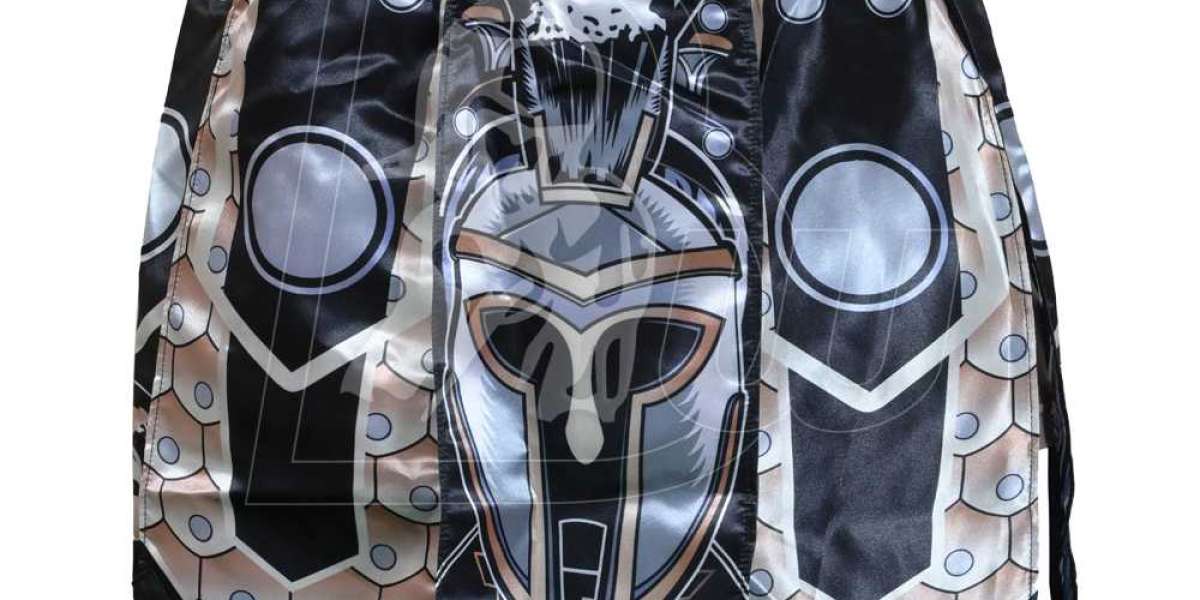Vitiligo is a skin disorder in which melanocytes (the skin cells responsible for producing the colour melanin) cease to function. This depigmentation process causes white areas or spots on the skin but can also damage hair, eyes, and the inside of the lips. Dr. Gulhima Arora, the best skin specialist who provides Vitiligo Treatment in Delhi at Mehaktagul Dermal Clinic, shares that it is neither contagious or infectious.
What does vitiligo look like?
The damaged areas of the skin affected with vitiligo lighten or turn white. It affects people of all skin tones; however, it may be more visible in those with darker complexions. The condition is neither life-threatening nor contagious but can cause stress and lower self-esteem. Treatments at Mehaktagul Derma Clinic can help control it, and it is typically a lifelong condition. While its precise cause has not been confirmed, it is thought to be caused by an autoimmune condition, a virus, genetics, or a trigger event, such as stress, sunburn, or exposure to industrial pollutants.
How to treat vitiligo?
Vitiligo cannot be cured, although several ways exist at Mehaktagul Derma Clinic, the Best Skin clinic in Delhi, to restore pigment and balance the tone. However, it should be noted that vitiligo treatments are unpredictable, and their results can vary from person to person. Patients who start treatment early in the procedure have a greater chance of restoring their pigment. One should also be aware that some medications can cause significant side effects.
The Most Commonly Used Treatment Methods Are:
- Corticosteroidal creams: These anti-inflammatory lotions are used for skin repigmentation. They can be helpful if used in the early stages.
- Vitamin D: It is applied topically as a cream with UV therapy or corticosteroids.
- A combination of phototherapy and medicine: Skin repigmentation is achieved by combining psoralen and UV light.
- Light or laser therapy: Both of these treatments are used for repigmentation.
- When all treatments are ineffective: Suppose none of the preceding methods are effective. In that case, a monobenzone medication is applied to areas of the skin not affected by vitiligo to lighten and level them out with previously depigmented areas.
- Surgical: Various surgical procedures attempt to balance the skin's tone. The most common methods include skin grafting and blister grafting.
Also, as suggested by a skin specialist in Delhi at Mehaktagul Derma Clinic, one must take a healthy diet and supplements for vitamins, amino acids, and minerals. These help restore skin pigmentation when combined with other treatments.
If you are suffering from vitiligo or anyone in your family is experiencing it. Then you get help from Dr. Gulhima Arora, a top dermatologist for Vitiligo Treatment at Mehaktagul Dermal Clinic.














